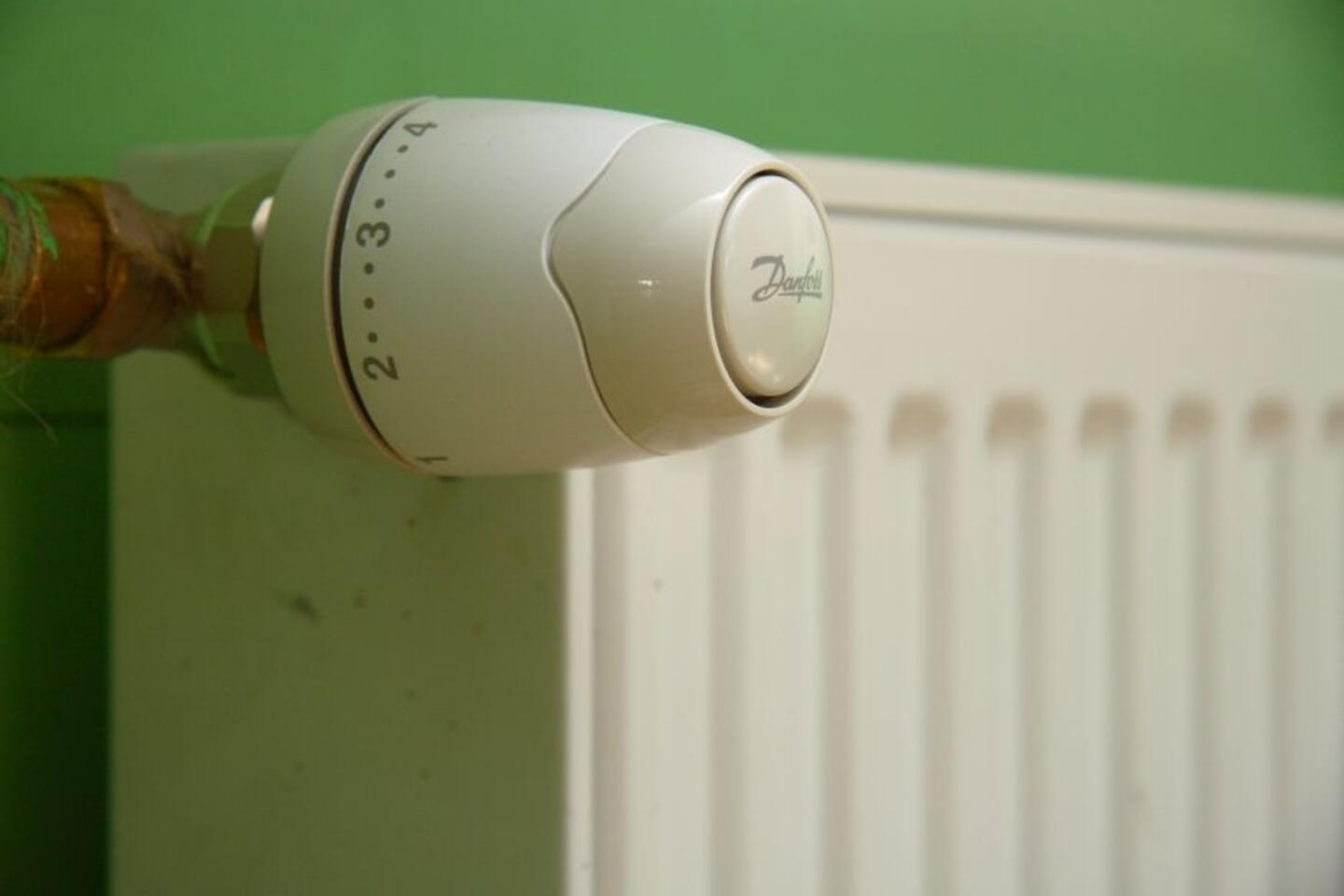Key information about the programme
- The programme is operated by: The Directorate for European Territorial Cooperation within the Ministry of Regional Development and EU Funds of the Republic of Croatia.
- The Donor Programme Partner in this programme is: Norwegian Water Resources and Energy Directorate (NVE).
- The programme objective is: Less carbon-intensive energy and increased security of supply.
- The programme funding amounts to € 17 million (excluding co-financing) and is funded by the EEA Grants.
Why is the programme needed?
Introducing and implementing energy technologies with lower carbon emissions and higher security of supply, which is the goal of the Programme Energy and Climate Change, will support the efforts of the National Strategy, and it will facilitate achieving energy targets of the Republic of Croatia, which pledged to implement EU policies in the field of energy efficiency and renewable energy sources in order to reach the European “20-20-20” targets2. The Republic of Croatia met part of this target as early as 2016 regarding the share of renewable energy sources and reducing the emissions of greenhouse gases, which shows good progress in achieving the remaining target.3
Even though each country is responsible for its own security of power supply, it is a common issue of all European states, and only through joint focused activities can the consequences arising from dependence on imports be minimised. Today, the Republic of Croatia imports around 50% of power to meet its energy demand, even though it has the conditions for the construction of hydroelectric power plants, wind farms, and other renewable energy sources.
The Croatian energy legislation is continually harmonised with the requirements of the European acquis communautaire by amending the existing, and by adopting the new energy acts and implementing regulations. Building upon the Paris Agreement, ratified by the Croatian Parliament on 17 March 2017, the European Union pledged to reduce the emissions of greenhouse gases by 40% by 2030 compared to 1990, and to meet 32% of its own power demand from renewable energy sources, as well as to achieve the overarching goal of 32.5% in terms of energy efficiency.
What will the programme achieve and who are the beneficiaries?
The essence of this program is to raise awareness and knowledge of the necessity and advantages of increasing energy efficiency and co-financing of quality projects in the area of renewable energy sources. The programme and proposed deliverables are based on needs and challenges following stakeholder consultations. The programme will focus on elements that will support the overall goal of the revised Energy Strategy for Croatia, with an emphasis on solutions and technologies important in the long-term for which piloting, improved skills and know-how and capacity are required. Therefore, the programme will consist of the following areas of support:
1. Energy efficiency in buildings
2. Renewable energy sources (RES), including geothermal energy
The following entities and individuals could contribute to achieving the planned outcomes of the programme:
- Small, medium and large enterprises,
- Building owners and users,
- Academic and educational institutions,
- Construction industry, including artisans/craftspeople, carpenters, etc.
- NGOs
- Regional and municipal authorities
How will the programme strengthen bilateral relations?
The NVE as DPP will contribute to all steps of the Programme preparation and implementation with expertise and advice, including consideration of the scope of the Programme and activities, advice on drafting guidelines for applicants and promotion of the Programme among donor states in order to attract project partners from their countries. The DPP will be invited to participate in the selection process, building bilateral relations to undertake cooperation to implement projects with advisory participation of the partner (visits, conferences, seminars, project-related meetings, etc);
